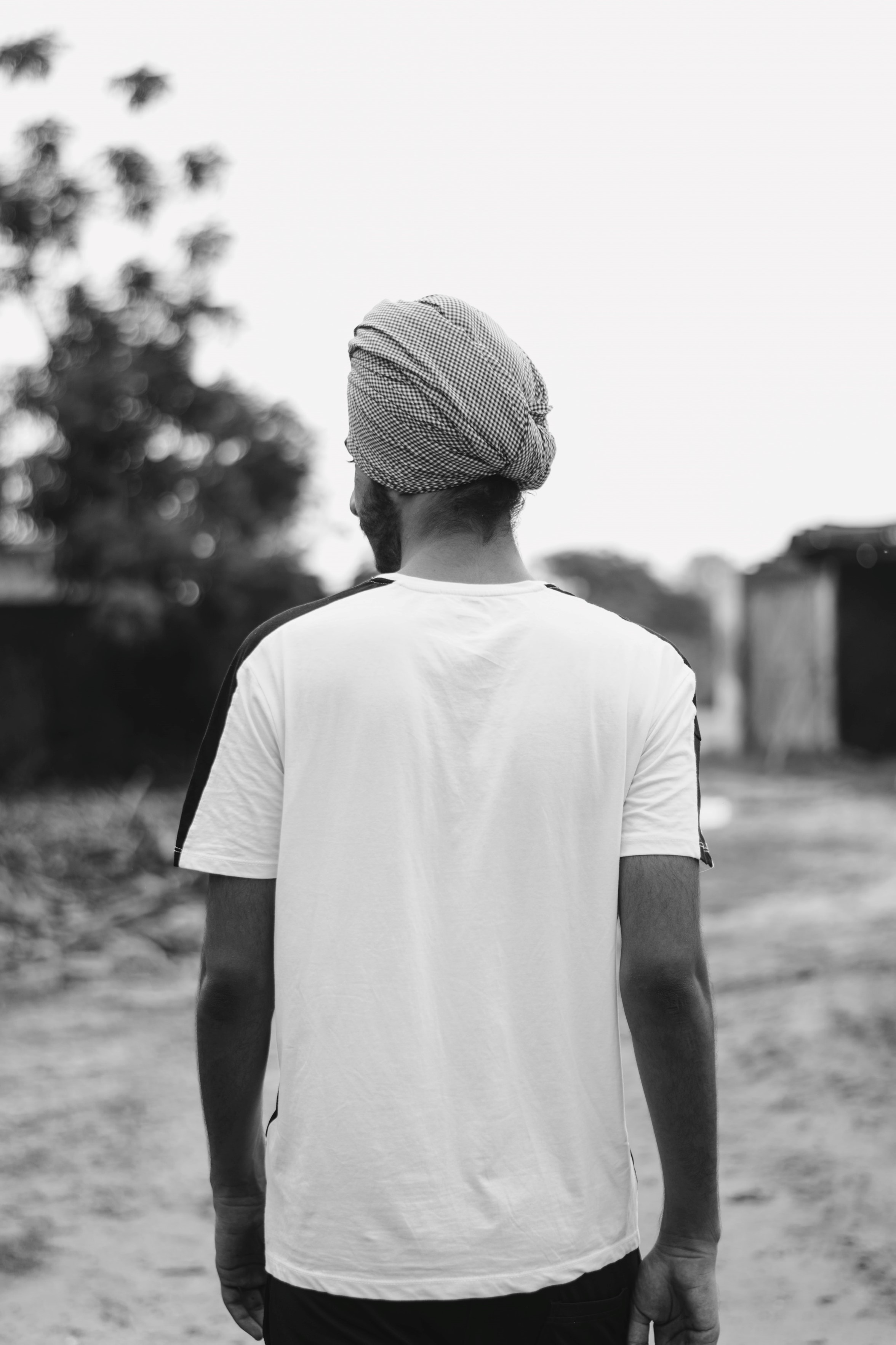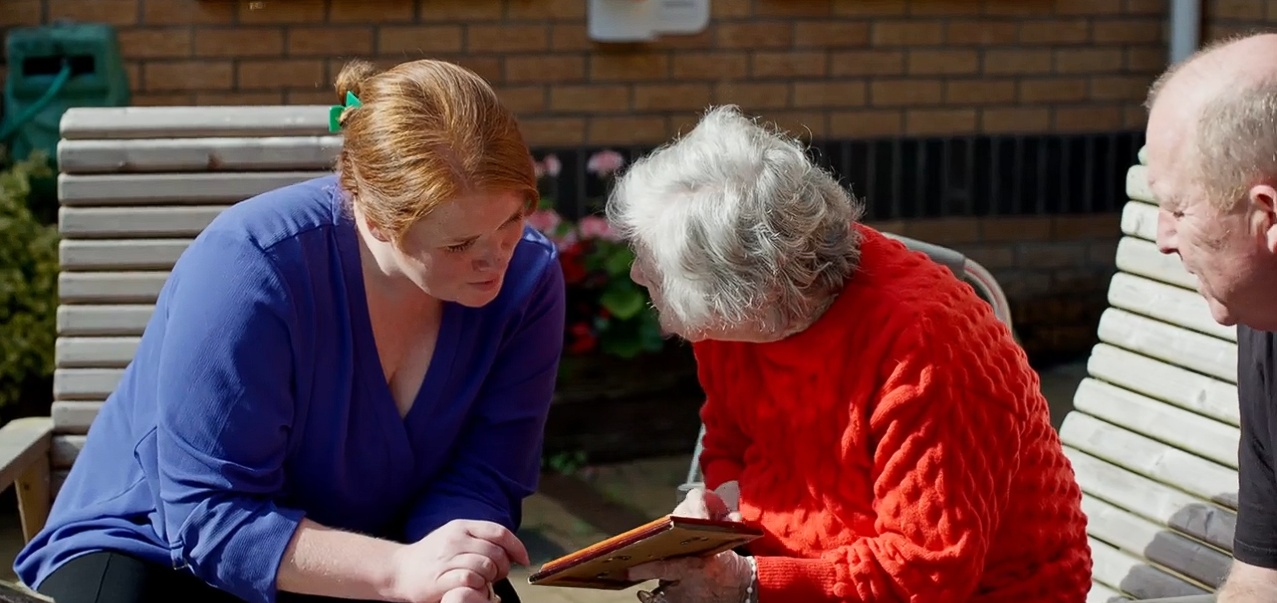
-
Source
Culture, religion and ethnic minorities: mental health promotion for men from south Asian backgrounds (United Kingdom of Great Britain and Northern Ireland)
In the United Kingdom, more academic attention has recently focused on the role of culture in shaping ethnic minority men’s (poor) help-seeking and mental health. There has also been some media coverage of cultural issues and mental health. For example, in a newspaper article in 2019, a prominent Muslim general practitioner, Mohammedabbas Khaki, reflected on the influence of culture and religion on Muslim men’s mental health practices:
'We’ve inherited sometimes noble, often harmful ideals of traditional masculinity, of the importance of stoicism, of being seen as the unbreakable, impenetrable provider without weakness. Other downright dangerous traditional views also persist. Blame is often placed on the person who is depressed, and their faith questioned as if it is an issue of belief. Mental illness is often seen as a weakness. Often, community members believe that because depression isn’t visible, it is simply not real. In fact it speaks volumes that the word “depression” doesn’t even exist in many of the South Asian languages most widely spoken by British Muslims. … To Muslim communities and community leaders, it is time that we addressed the issues that exist head on, to address taboos and to support the congregation with their health needs. Moreover, there should be culturally competent mental health provision that caters to BAME [Black, Asian and minority ethnic] experiences. These services should provide holistic health and wellbeing support from the community, for the community. '
A recent initiative specifically focused on the mental health of British Punjabi men (second-generation migrants from the Punjab region in north-western India and eastern Pakistan, where the main religion is Sikhism). Recognizing the culturally enforced silence concerning male mental health, the initiative encourages men to share their mental health stories and opinions online in the hope that more Punjabi men will seek help and engage with mental health services. One participant wrote that:
'[m]ental health issues in the Punjabi community are often only treated in social contexts; the individual is forgotten, as he will only bring shame upon the family. There are also other social interpretations of mental health, which are just as damaging to the Punjabi and Sikh diaspora: mental health issues are effeminate – not remotely masculine and strong. Mental health issues are “white people’s problems” – Indians just deal with their issues quietly. Mental health issues are religiously prohibited – Sikhs are supposed to be in good spirits. Since these are social interpretations, however, it is possible to offer re-interpretations of these problems, eliminating social and cultural stigma, so the individual becomes visible.'
Photo by Sumeet Singh on Unsplash




